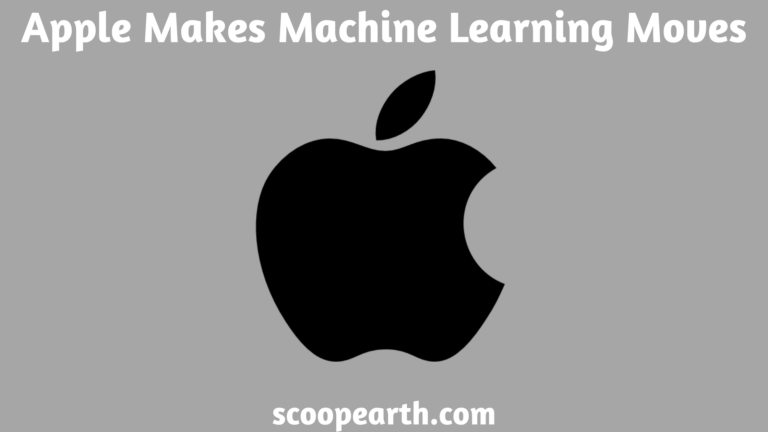Monday, June 19, 2023, Bengaluru, India
With an industry moving as swiftly as AI, it can be difficult to stay up. Here is a brief recap of the most significant developments in machine learning over the previous week, as well as relevant studies and experiments that we missed.
One could argue that Apple entered the fiercely competitive AI race last week, quite overtly and on purpose. It’s not as if the corporation hadn’t previously indicated that AI was a priority and would receive funding. Apple, however, made it obvious during its WWDC event that AI was the driving force behind many of the innovations in both its upcoming hardware and software.
For instance, iOS 17, which will be released later this year, will use computer vision to recommend recipes for comparable cuisines based on an iPhone photo. Journal, a brand-new interactive diary that generates personalized recommendations based on the usage of other apps, is also powered by AI.
Additionally, iOS 17 will include an improved autocorrect that is backed by an AI model that can more precisely anticipate the words and phrases that a user may use next. It will eventually become customized, learning a user’s most frequently used terms, including funny swear words.
Additionally, AI plays a key role in Apple’s Vision Pro augmented reality headset, particularly FaceTime on Vision Pro. The Vision Pro uses machine learning to produce a virtual avatar of the wearer that can reproduce all of their face contortions, even down to the tension in their muscles and skin.
The most popular branch of artificial intelligence right now, generative AI, might not be it. Apple’s goal, though, seems to have been to mount a comeback of sorts, to prove that it shouldn’t be underestimated after years of unsuccessful machine learning programs, from the lacklustre Siri to the troubled self-driving car.
Strengthening your image is more than just a sales tactic. The Information revealed that brilliant machine learning experts, including a team that had been working on the kind of technology powering OpenAI’s ChatGPT, departed Apple for better opportunities as a result of Apple’s historical underperformance in AI.
It seems like a crucial step for Apple to demonstrate its commitment to AI by releasing goods with AI built-in, and it’s a standard that some of its rivals have recently fallen short of. (Meta, I’m looking at you.) It appears that Apple made progress last week, although it wasn’t especially vocal about it.
The other noteworthy AI news stories from the last few days are listed below:
- To compete with Google, Meta produces a music generator. Unlike Google, however, Meta made the music generator open source. A word description can be converted into around 12 seconds of audio using MusicGen, a music-generating application from Meta.
- A “global” summit on AI safety will be held this fall, the U.K. government announced last week. In response, OpenAI, Google DeepMind, and Anthropic have agreed to give researchers “early or priority access” to their AI models to help with evaluation and safety research.
- More funding for corporate AI: Last week, Cohere, a company building an ecosystem of AI models for businesses, reported that it had raised $270 million as part of its Series C round, demonstrating that there is plenty of money available for generative AI startups.
[Source of Information : Techcrunch.com]










